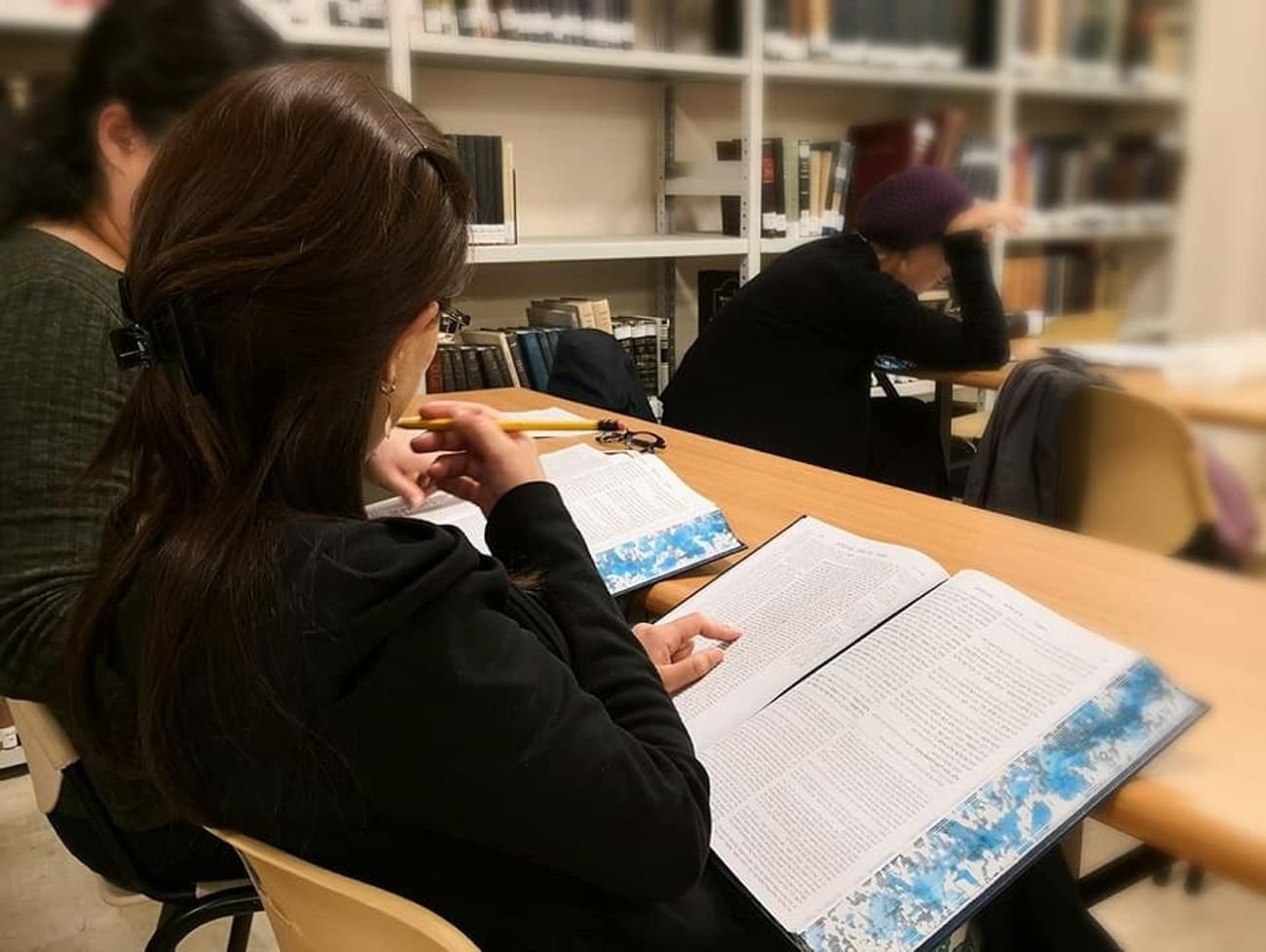Gemara studies are a component of the Talmud that comprises the rabbinical analysis of and a commentary on the Mishnah. Initially, Gemara was spoken of in only oral terms. You were not allowed to write it down. However, once the Mishnah was published around 200 CE, the work was studied in detail by various generations of rabbis in Babylonia and Israel. These studies, findings, and discussions were noted down in a series of books called the Gemara. These books combined with the Mishnah became the Talmud. For gemara studies visit Chevrah Lomdei Mishnah. They offer Gemara study services with Torah scholars.
Versions of Gemara Studies
There are two versions of the Gemara studies:
- The Jerusalem Talmud was compiled by Jewish scholars from Israel. It primarily constitutes the academics of the Tiberias and Caesarea and was published between 300 and 400 CE.
- The Talmud Bavli or the Babylonian Talmud was published around 500 CE by the various scholars of Babylonia. It primarily constitutes the teachings of Sura, Nehardea, and Pumbedita.
Gemara consists of six groups – Zeraim, Nashim, Moed, Kodshim, Nezikin, and Taharot. In 1923, a Polish rabbi, Meir Shapiro noticed that there were parts of the Gemara studies that would never get read. So he started a custom called Daf Yomi, in which people would learn a page of the Gemara every day for seven years. This would complete their entire study of the Gemara.
How Did Gemara Studies Originate?
The Gemara studies contain traditional teachings, including the Mishnah. Sages in Israel and Babylonia (modern-day Iraq) have described these teachings as they have been passed down from Moses at Sinai. These oral discussions were earlier preserved by memorization or notation. They were later edited together to enable sages of various generations to converse about them together. Teachers who put together the Gemara studies wanted to bring greater harmony between the rabbinic traditions and the biblical teachings. They provide proof-texts for known laws and explain the differences between the rabbinic and biblical versions of the various laws.
Babylonian and Palestinian Gemara Studies
Gemara has two versions – the Babylonian and Palestinian. Though the Palestinian Gemara was completed earlier, it was eclipsed by the Babylonian Gemara for a long time. Both the Gemaras have been written as a combination of Aramaic and Hebrew dialects. They combine the teachings of sages known by the term Amoraim.
Gemara’s studies combine various literary genres. Their subject matter ranges from sacred to profane. Gemara is often misrepresented by people as a commentary on the laws of the Mishnah. However, these studies have an intricate relationship with the Mishnah and a much larger scope of knowledge. Though the Gemara studies have been organized as per the structure of the six orders of the Mishnah, these teachings become a base for the Gemara studies, letting them grow into diverse topics like holy days, prayers, sexual habits, agriculture, contemporary medical knowledge, criminal and civil laws, and superstitions.
These studies have both legal and narrative material. The stories in the Gemara provide information about life in ancient times, the harmony between the Jews and their neighbors, and folk customs.
How to Study Gemara?
Talmud teachings, like the Gemara, are often studied in pairs or groups. They are usually studies among masters and students, or between two partners who are learning the subject. The pair of study partners are referred to as the Havruta. This havruta style of learning offers a lively, challenging, and intimate environment for students to explore the rich, intellectual, and spiritual depths of the Gemara studies.
Why Should You Learn Gemara
People often wonder why they should learn the Gemara. Most Jews devote hours of their days studying the Gemara, which contains scenarios that may never come their way. Some of the teachings and laws involve temple sacrifices, livestock, and ritual purity that may not even be relevant in today’s times. Sometimes, the Gemara even openly tells us that certain scenarios that are discussed may never happen. Then why do Jews study the Gemara? The answer to this often asked question is to fulfill their intense wish to understand the lawmaker’s desire. They study the Gemara to comprehend the principles that are present beneath all the laws of the Torah. Jews often feel like studying only pertinent laws like Kashrut, Shabbat, and Tzitzit may not let them dive into the depths of Torah teachings. Hence, they expand their boundaries of learning and learn the Gemara studies to understand Torah teachings in further depth.
Gemara studies are in-depth and cover a wide range of topics. If you are interested in Gemara studies, you can contact Chevrah Lomdei Mishnah.
